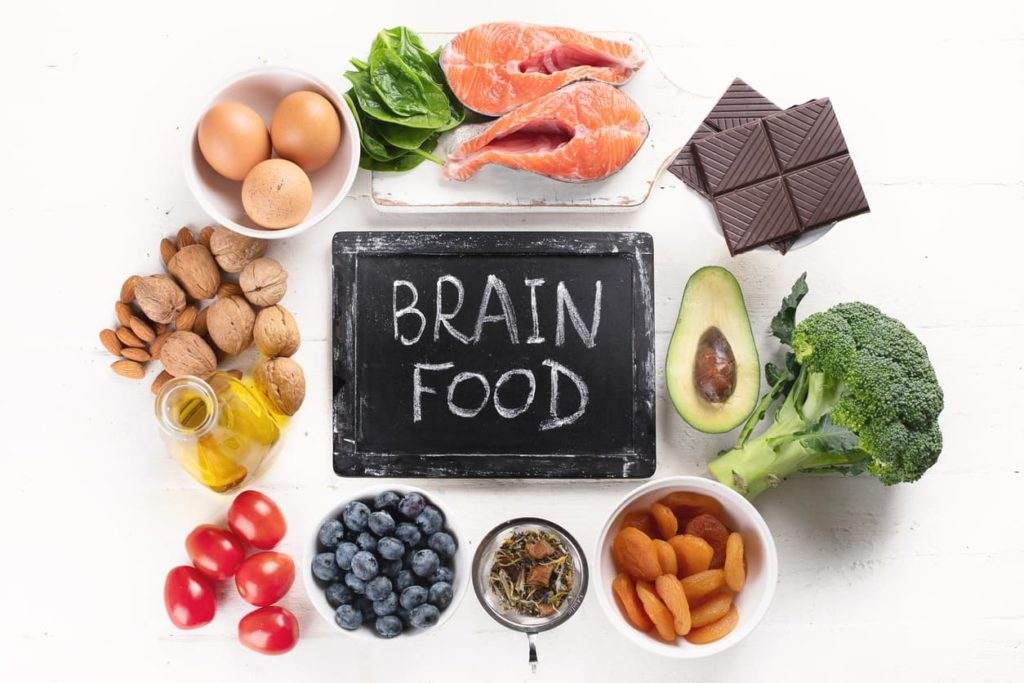By Faith Mudoga,
Surprisingly, the food that we eat has an impact on neurons which are the brain’s key cells. A poor diet high in fats and carbohydrates induces neuron inflammation and hinders the production of new neurons in the brain. In the long run, this can have an impact on how the brain functions and lead to mental illnesses such as depression.
Did you know that your insomnia, anxiety and irritability could be influenced and fueled by your diet? One of the first signs of nutritional shortage is a change in your brain’s mental function.

The human brain only accounts for 2% of our total body weight yet it uses up to 20% of our energy resources. Carbohydrates provide the majority of this energy. Our body digests carbohydrates into glucose or blood sugar.
The brain has different parts each performing its specific and unique function. The frontal lobes are extremely sensitive to changes in glucose levels. We get glucose regularly into our bodies and the question we should be asking ourselves is how does the specific kind of carbohydrates that we consume affect our brains.
If you break down your brain into its constituent nutritional content what would it look like? Fats make up the majority of the weight of your dehydrated brain. Proteins and amino acids, as well as remnants of micronutrients and glucose, can be found in the remaining brain matter.
Each part of the brain affects functioning, development, emotion, and energy in different ways. So the laziness you feel after lunch or the late-night alertness you experience could be due to the impact of food on your brain.
“Omegas 3 and 6 are the most powerful fats in your brain. These essential fatty acids are linked to preventing degenerative brain conditions and these fatty acids must come from our diet.” Said Dr. Mia Nacamulli during his TEDx talk.
As a result, eating omega-rich foods like nuts, seeds, and fatty fish is critical for cell membrane formation and maintenance. Omega are good fats for your brain. Long term consumption of other fats like trans fats and saturated fats may compromise brain health.
Proteins and amino acids, which are the building blocks for growth and development, have an impact on how we feel and behave. Amino acids contain precursors to neurotransmitters, the chemical messengers that carry signals between neurons affecting things like mood, sleep, attentiveness and weight.
That’s why you might feel relaxed after eating pasta or energized after a protein-rich meal.
The brain, like the rest of our body’s organs, benefits from a regular intake of micronutrients. Antioxidants in fruits and vegetables help the brain combat free radicals that kill brain cells, allowing your brain to perform more efficiently for longer.
Our brains would be vulnerable to brain diseases and mental decline if we didn’t have potent micronutrients like vitamins B6, B12, and folic acid. Iron, copper, zinc, and salt, in small levels, are essential for brain health and development.
Carbs come in three different forms; starch, sugar and fibre. They’re all included together on most nutrition labels as one total carb count. The proportion of sugar and fibre categories to the total amount has an impact on how the body and brain react.
White bread has a high glycemic index, which means it releases glucose quickly into the bloodstream. This causes blood sugar to shoot down and with it your attention span and mood. Oats, cereals, and legumes, on the other hand, release glucose more slowly, allowing for a more consistent degree of alertness.
A diversified diet of nutrient-rich foods is essential for long-term brain capacity. When it comes to what you bite, chew, and swallow, your decisions have a long-term impact on your brain, which is your body’s most powerful organ.















